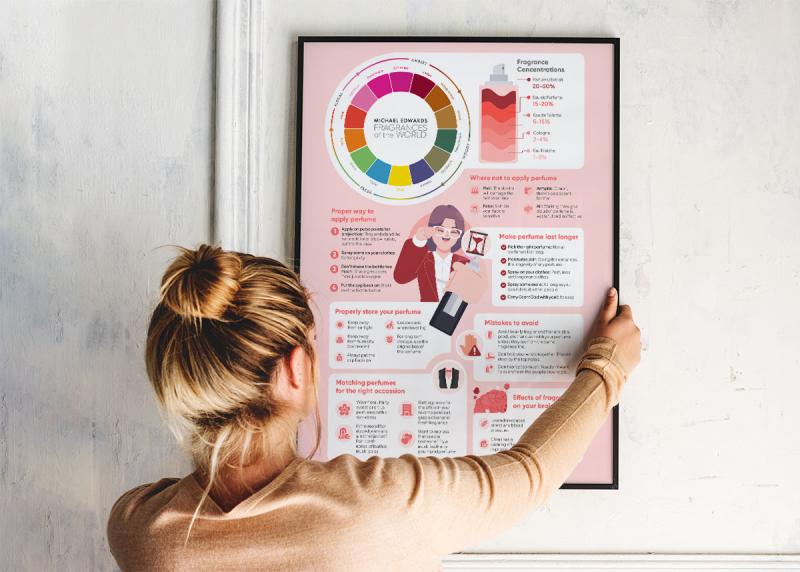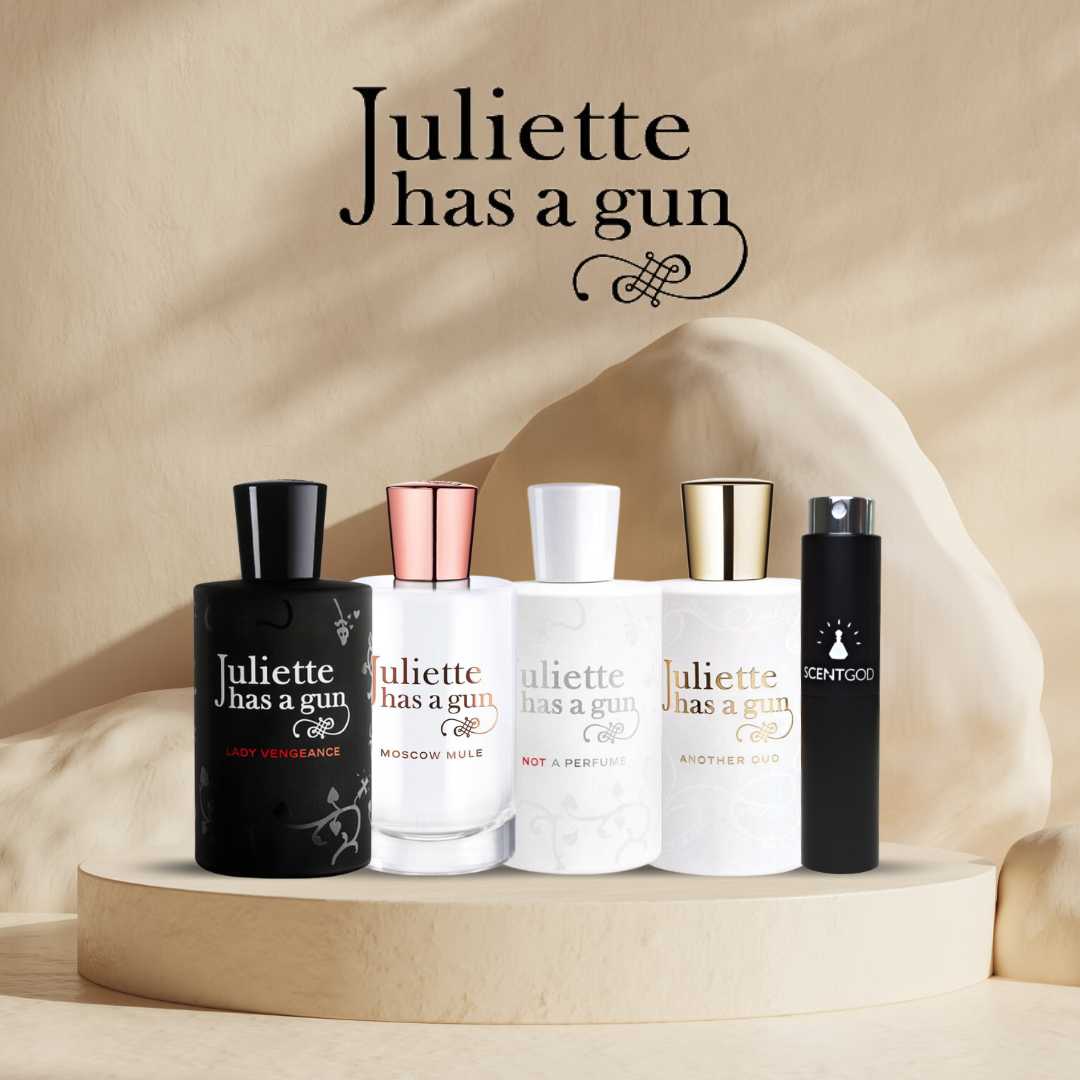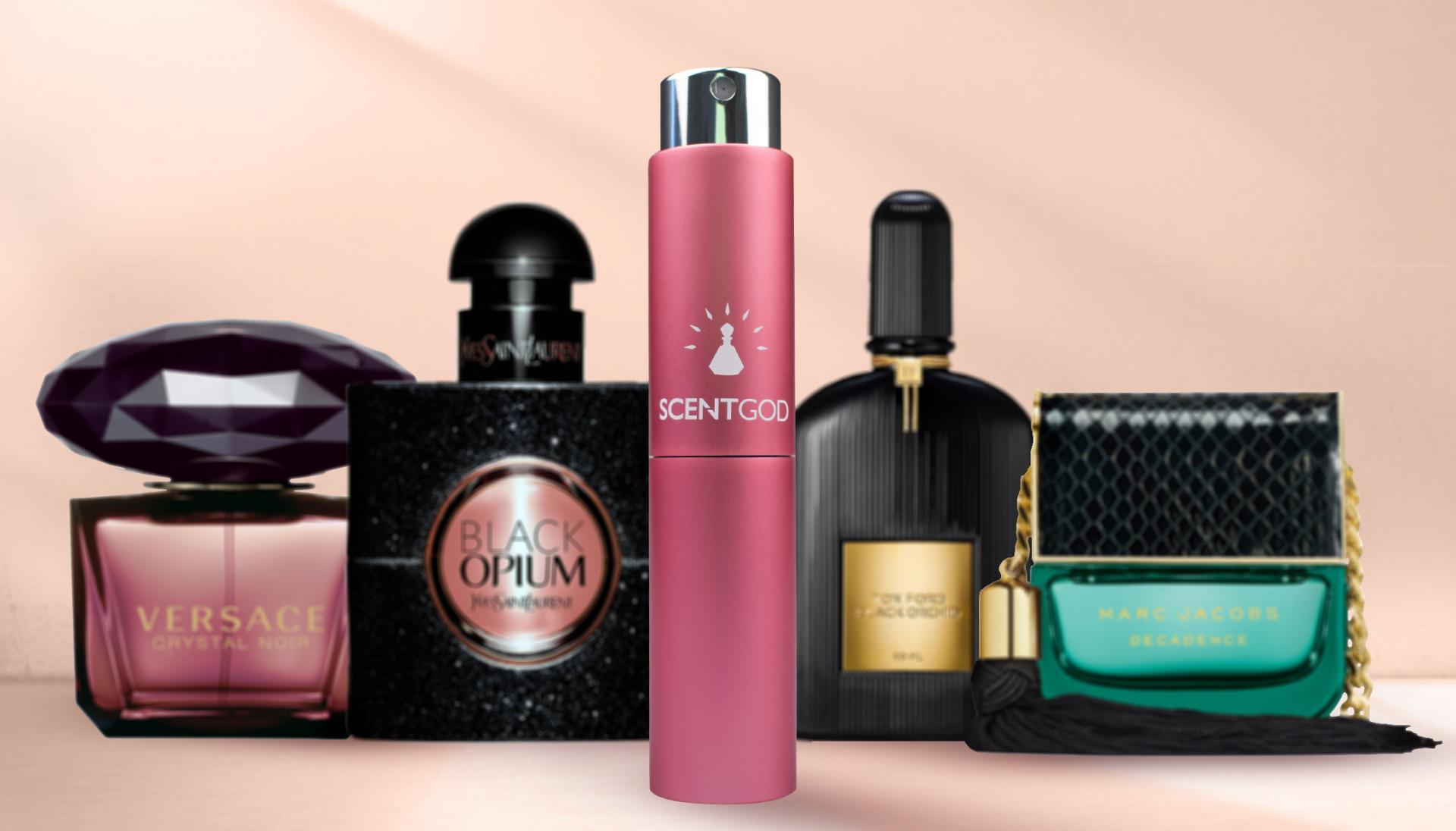Perfume Types Explained: Difference Between Parfum, Eau de Parfum, Eau de Toilette, Cologne & Body Mist

Published: Feb 24, 2025 • Last Updated: Feb 24, 2025
Ever walked into a perfume store, picked up a fancy bottle, and then got completely lost in words like Parfum, Eau de Toilette, or Cologne? Don't worry—you're not alone! Understanding the different types of perfumes isn't just for fragrance nerds; it helps you pick the perfect scent for your vibe, longevity, and budget. Let's break it down ScentGod style—fun, simple, and straight to the point.
First things first, why does your favourite perfume contains alcohol?
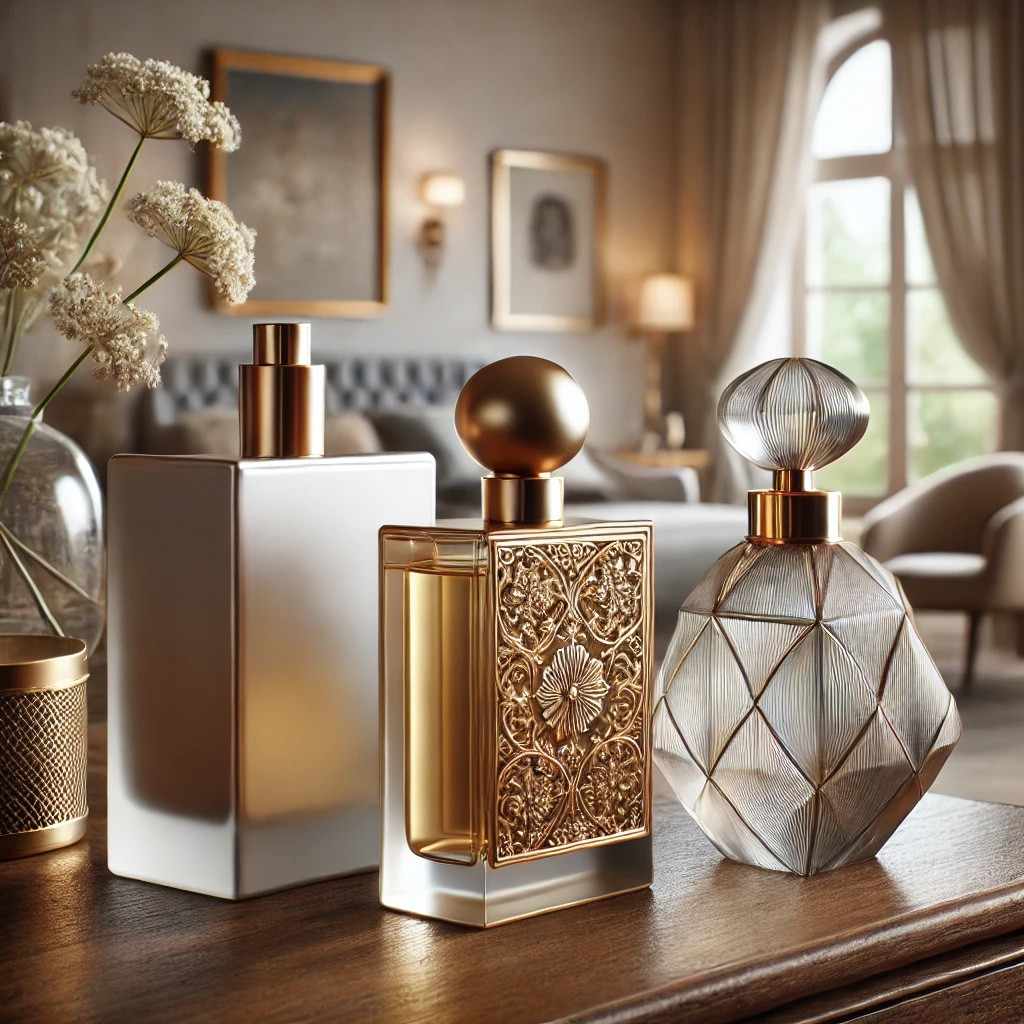
It's not just a filler—it plays a crucial role in how a fragrance performs! Alcohol helps to dissolve essential oils, making the scent spread evenly and evaporate beautifully on your skin. It also enhances projection, ensuring your fragrance isn't just stuck to your skin but actually fills the air around you. Now that you know why alcohol is essential, let's break down the different types of perfumes and how their alcohol-to-oil ratio affects their strength, longevity, and price.
What are different concentrations of perfumes?
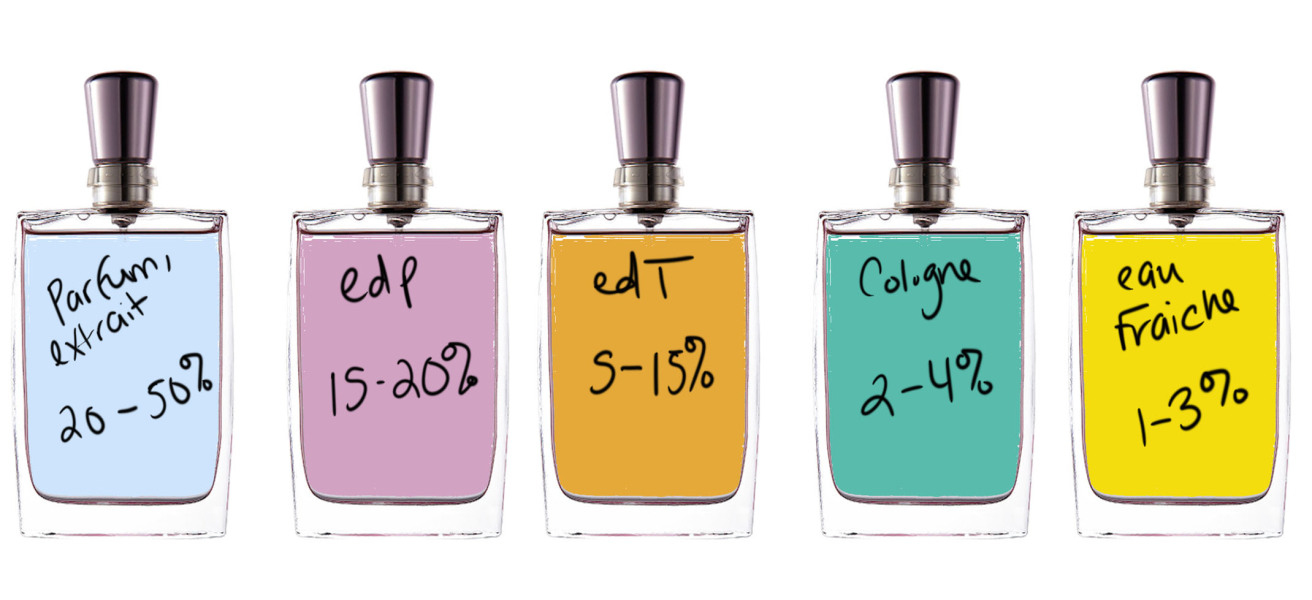
1. Parfum (a.k.a. Pure Perfume) – The Ultimate Luxury
💧 Fragrance Concentration: 20-40%
⏳ Lasts: 8-12 hours
💰 Price: $$$ (Expensive but worth it)
Parfum (sometimes called Extrait de Parfum) is the most potent and long-lasting fragrance type. With the highest concentration of perfume oils, it clings to your skin all day (and sometimes even into the next). Perfect for those who love a strong signature scent that doesn't fade easily.
🔥 Best for: Date nights, special occasions, when you want to leave a lasting impression.
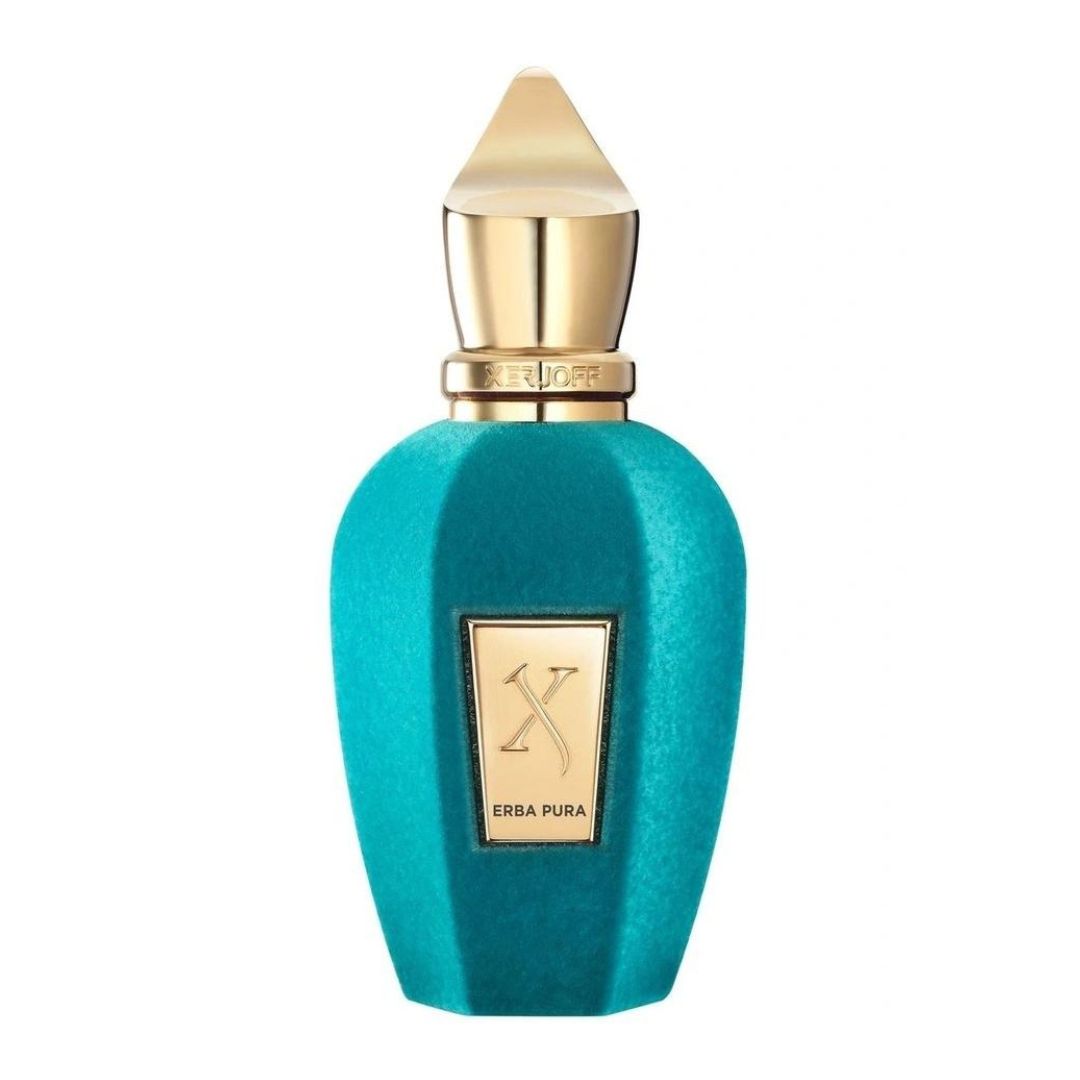
Xerjoff Erba Pura
As low as $52.9
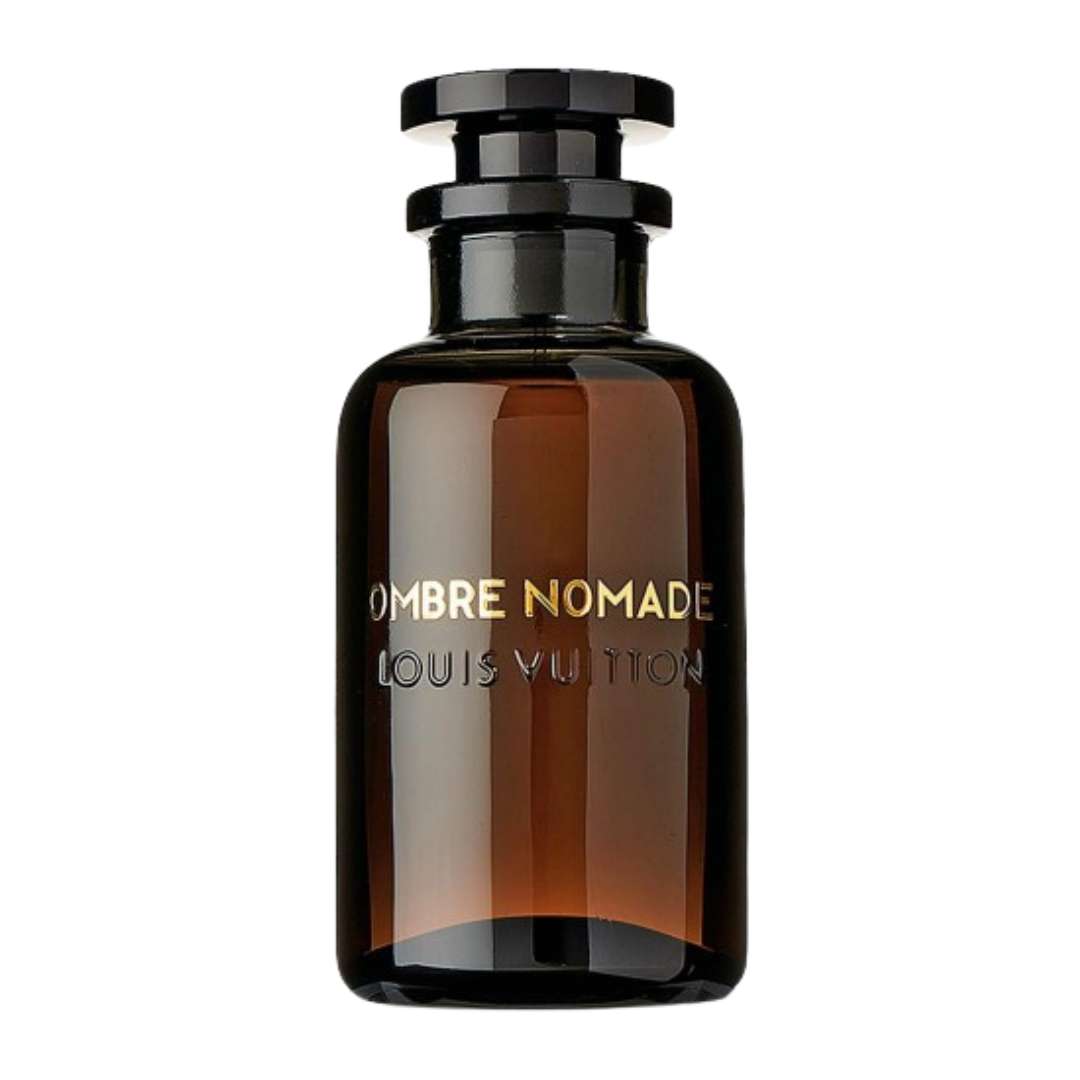
Louis Vuitton Ombre Nomade
As low as $87.9
2. Eau de Parfum (EDP) – The Perfect Balance ⚖️
💧 Fragrance Concentration: 15-20%
⏳ Lasts: 6-8 hours
💰 Price: $$ (Less than Parfum, but still luxe)
EDP is the most popular perfume type because it offers strong scent, good longevity, and affordability. It's intense without being overwhelming, making it a great everyday option.
🔥 Best for: Work, brunch, and days when you need a fragrance that lasts but isn't overpowering.
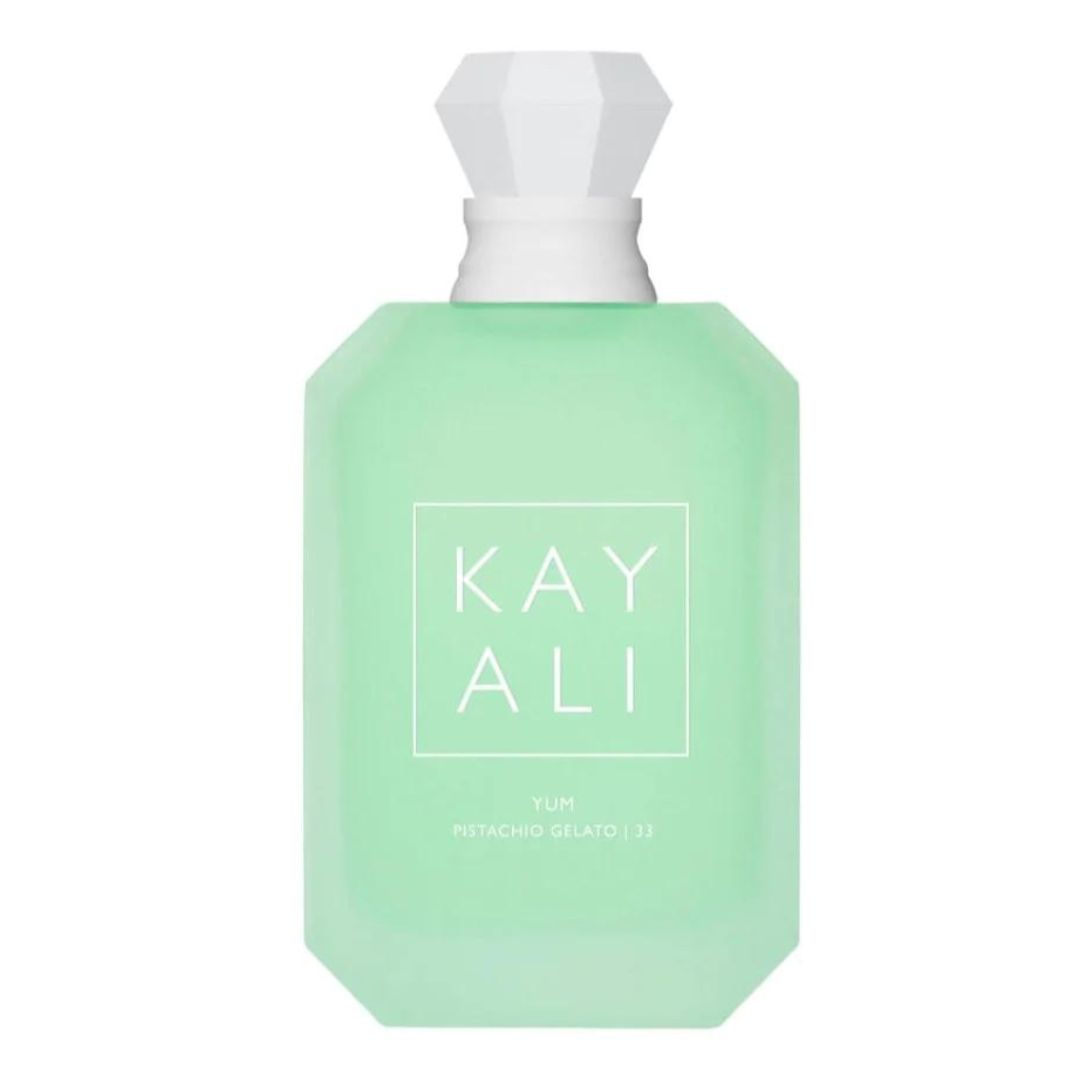
Kayali Yum Pistachio Gelato
As low as $37.9
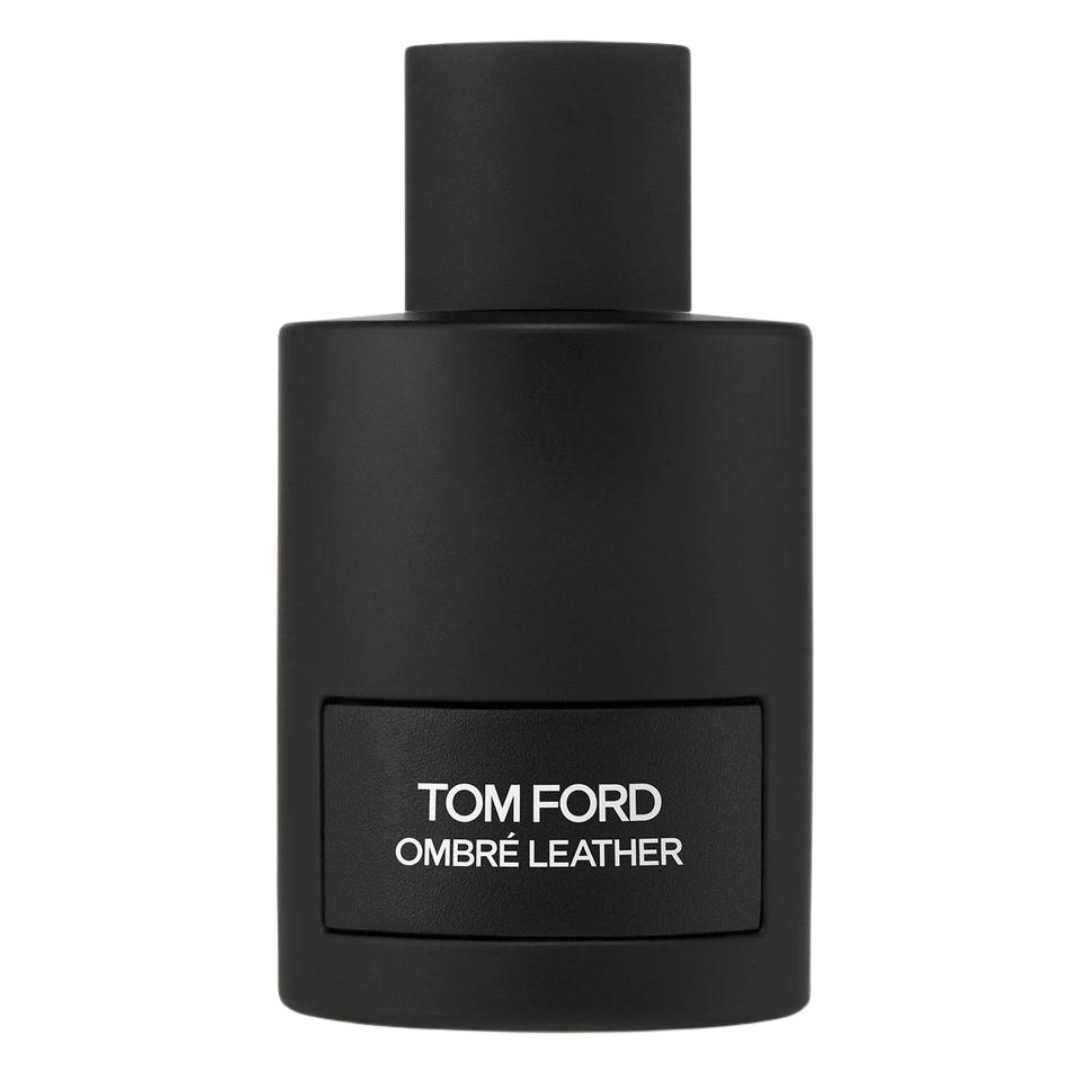
Tom Ford Ombre Leather
As low as $42.9
3. Eau de Toilette (EDT) – The Everyday Essential 🌿
💧 Fragrance Concentration: 5-15%
⏳ Lasts: 3-5 hours
💰 Price: $ (More affordable, fresh & light)
EDTs are lighter and fresher than EDPs, making them ideal for daytime wear. They tend to have more citrus and floral notes, giving them a crisp, airy feel. However, they may need reapplication throughout the day.
🔥 Best for: Office, gym, casual outings, and summer days.
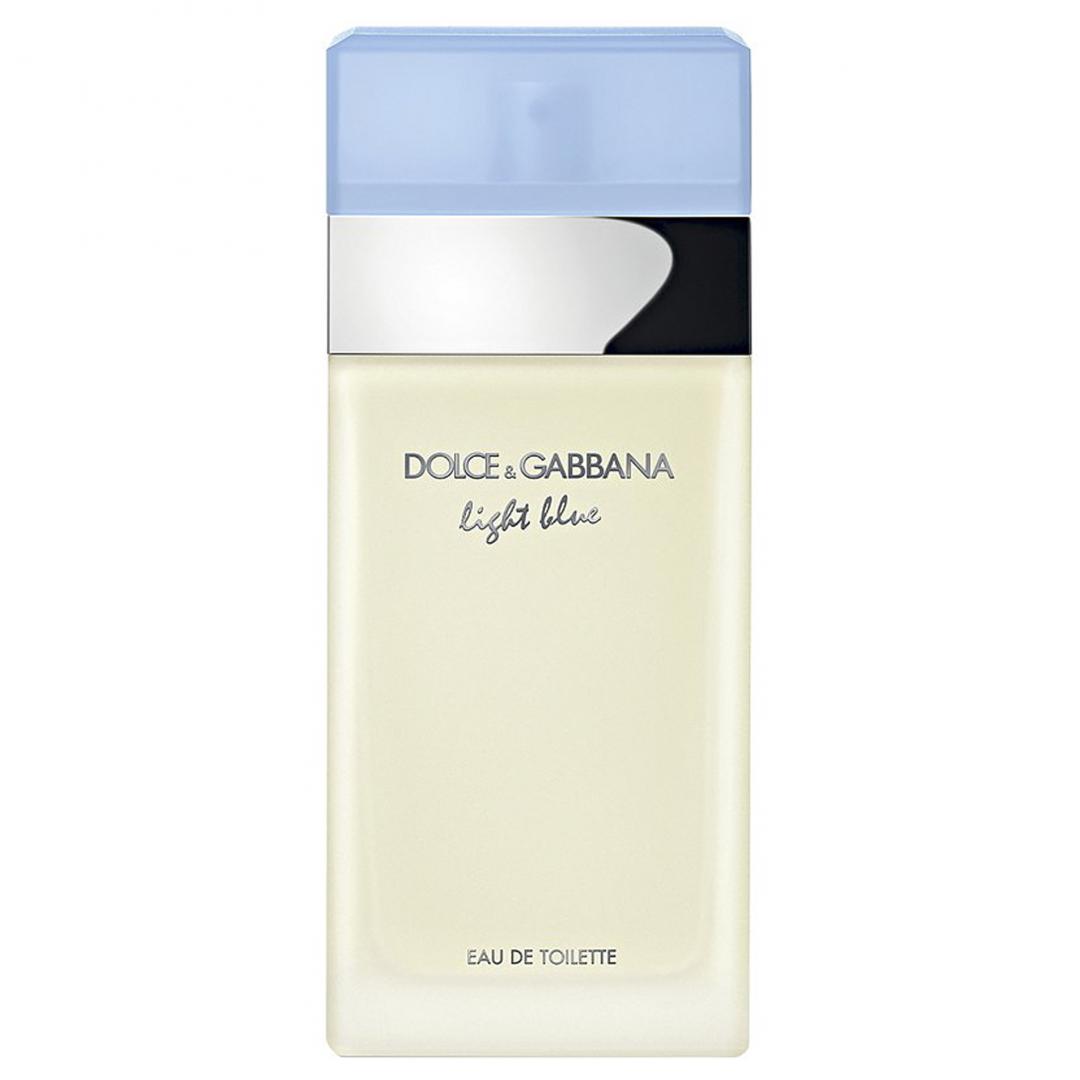
Dolce & Gabbana Light Blue for women
As low as $20.9
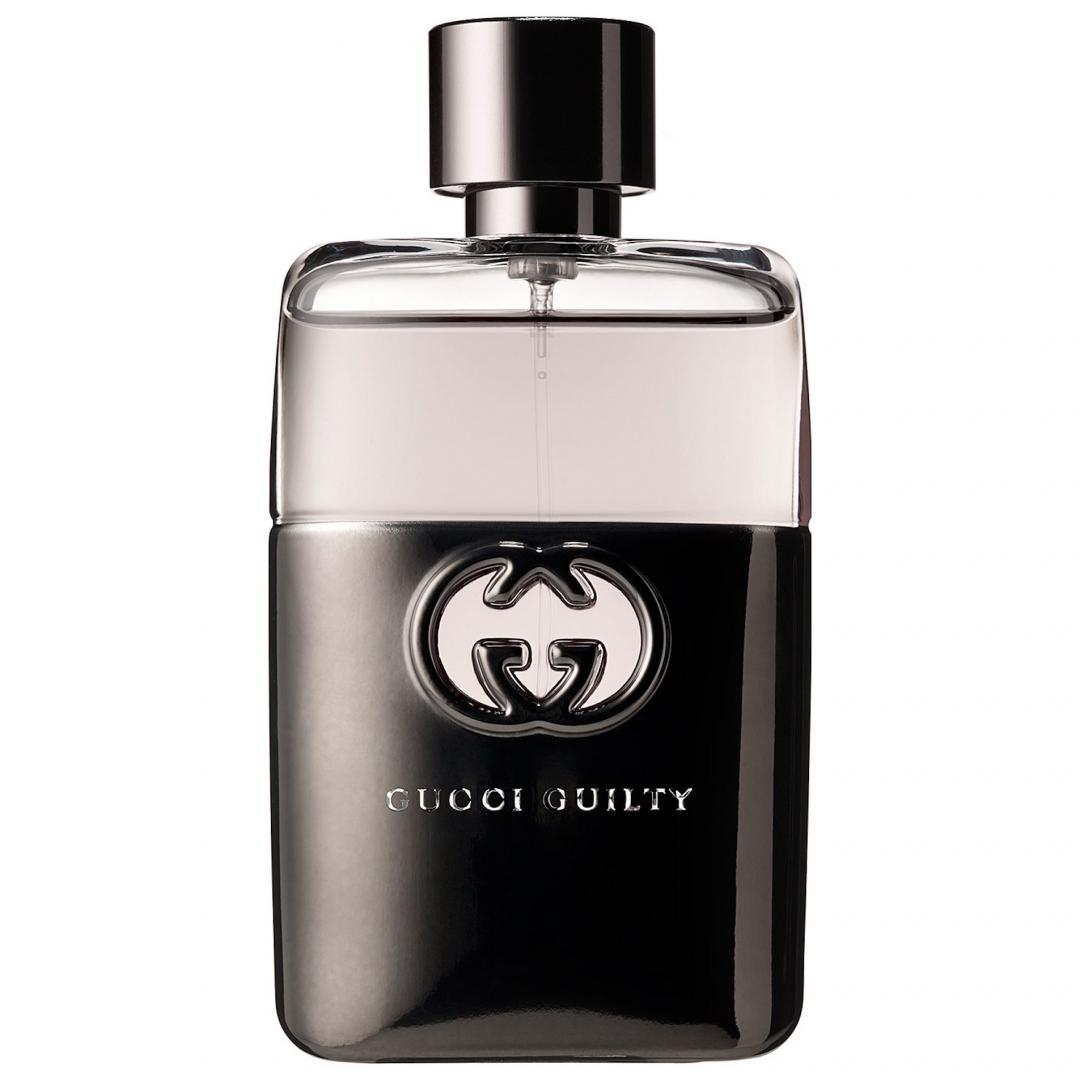
Gucci Guilty Pour Homme
As low as $27.9
4. Eau de Cologne (EDC) – The Fresh & Zesty Pick 🍋
💧 Fragrance Concentration: 2-5%
⏳ Lasts: 2-3 hours
💰 Price: $ (Budget-friendly)
Colognes are often seen as "men's fragrances," but that's just marketing! The real difference? They have a low perfume oil concentration, making them super refreshing and light. Great for a quick spritz when you want a burst of citrusy, herbal, or aquatic notes.
🔥 Best for: Hot summer days, after a workout, when you need a quick refresh.
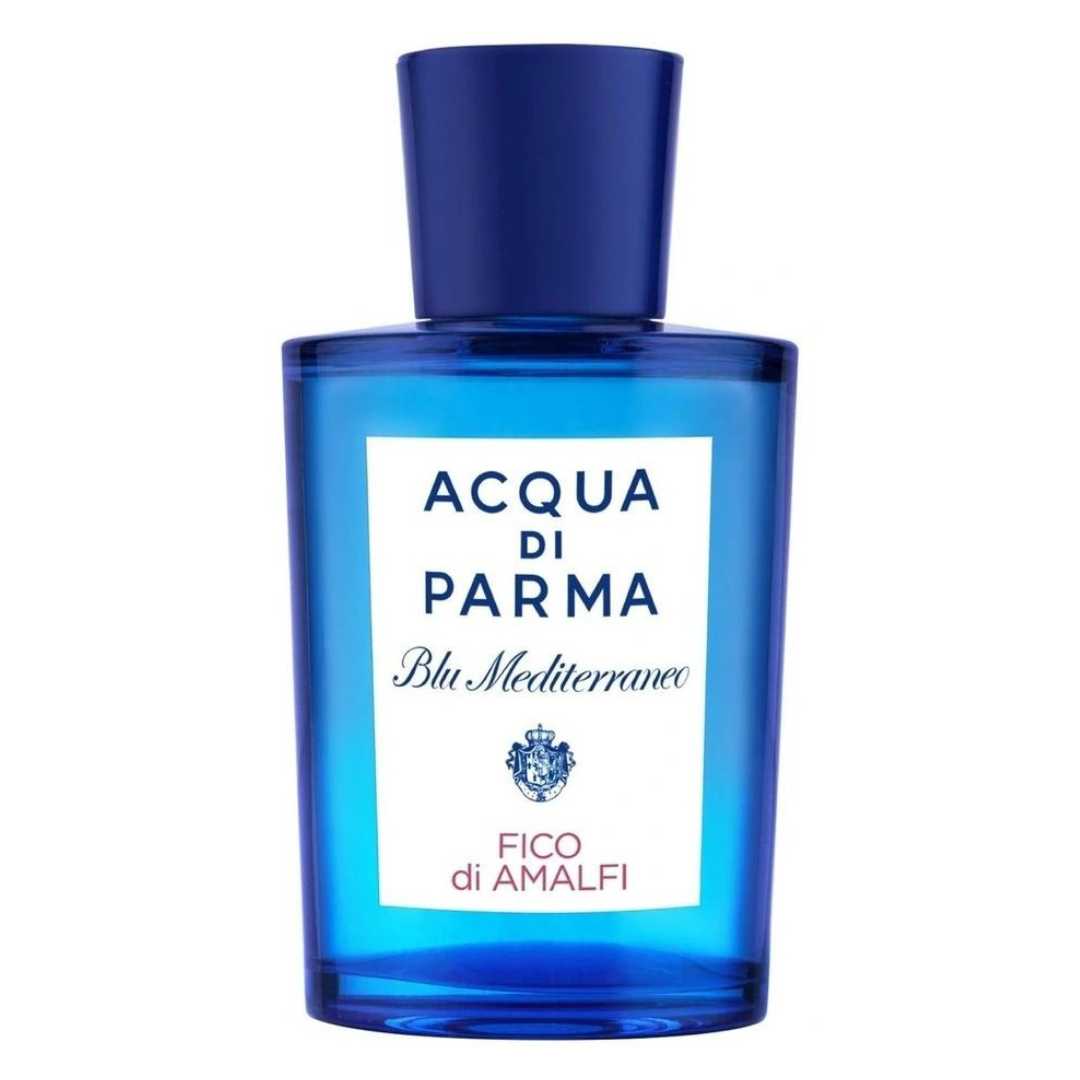
Acqua di Parma Fico di Amalfi
As low as $27.9
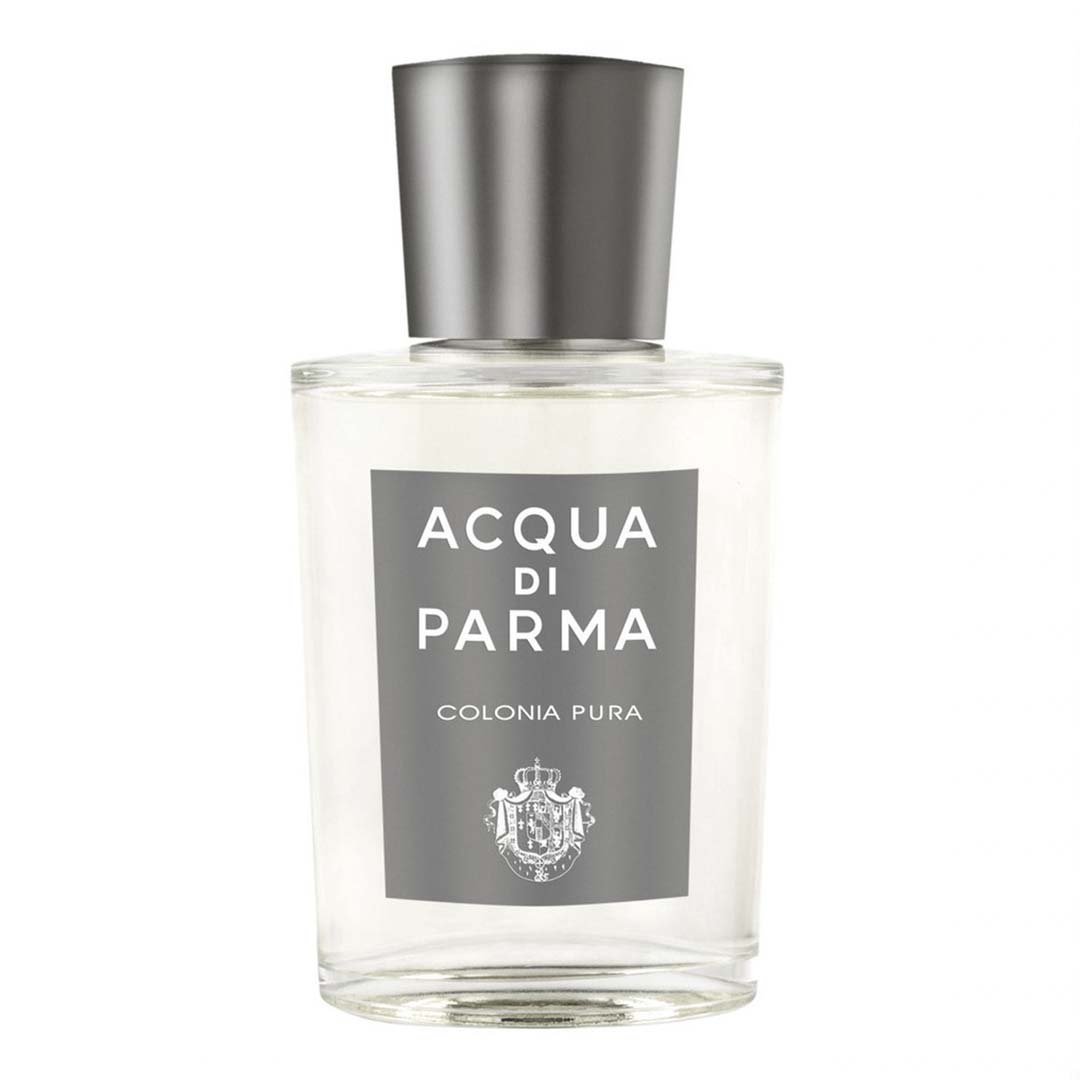
Acqua di Parma Colonia Pura
As low as $27.9
5. Body Mist – The Quick & Casual Spritz 🌊
💧 Fragrance Concentration: 1-3%
⏳ Lasts: 1-2 hours
💰 Price: $ (Most affordable & fun)
Body mists and splashes are like perfume's playful little sister. They're light, refreshing, and inexpensive, making them perfect for layering or a quick refresh. However, they fade fast and need frequent reapplication.
🔥 Best for: Gym bags, post-shower spritz, layering with lotion.
TL;DR – Which One Should You Choose? 🤔
| Perfume Type | Strength | Lasting Power | Best For |
|---|---|---|---|
| Parfum (Extrait de Parfum) | 💎💎💎💎💎 | 8-12 hrs | Luxe vibes, lasting impact |
| Eau de Parfum (EDP) | 💎💎💎💎 | 6-8 hrs | Everyday luxury, long-lasting |
| Eau de Toilette (EDT) | 💎💎💎 | 3-5 hrs | Fresh and light, daily wear |
| Eau de Cologne (EDC) | 💎💎 | 2-3 hrs | Summer freshness, quick spritz |
| Body Mist & Splash | 💎 | 1-2 hrs | Light refresh, layering |
Now that you know the difference, it's time to choose your signature scent! 💫
👉 Want to try different perfumes without committing to a full bottle? Subscribe to ScentGod and get a new designer or niche fragrance every month for just $20!
Never miss another article!
- - Get notified when we publish a new article.
- - No personal information required. Turn off anytime

Preet Singh
I have always been enamored by the power of perfumes to evoke emotions and capture memories. This profound love for fragrances led to the creation of ScentGod, a platform designed to allow everyone the luxury of discovering and wearing premium scents without the commitment of a full-sized purchase. My vision for ScentGod is more than just offering fragrances; it's about sharing passion, creating experiences, and helping people find their signature essence.
Read More
